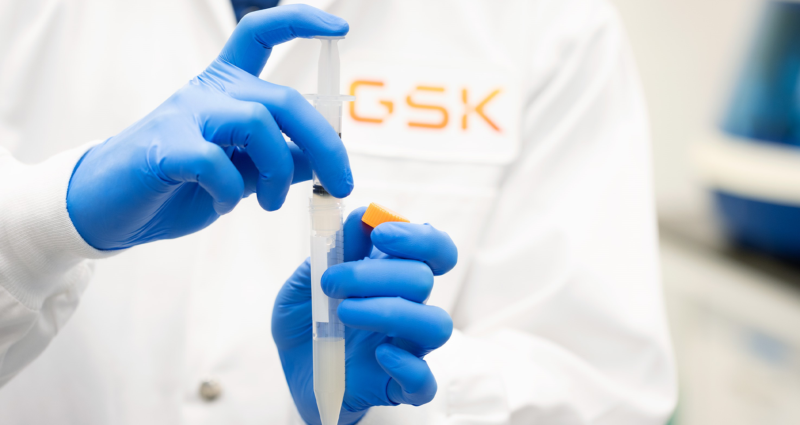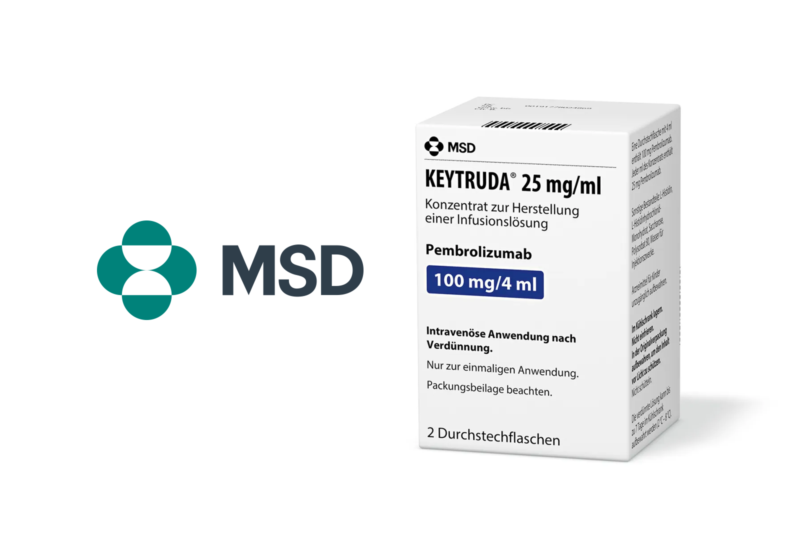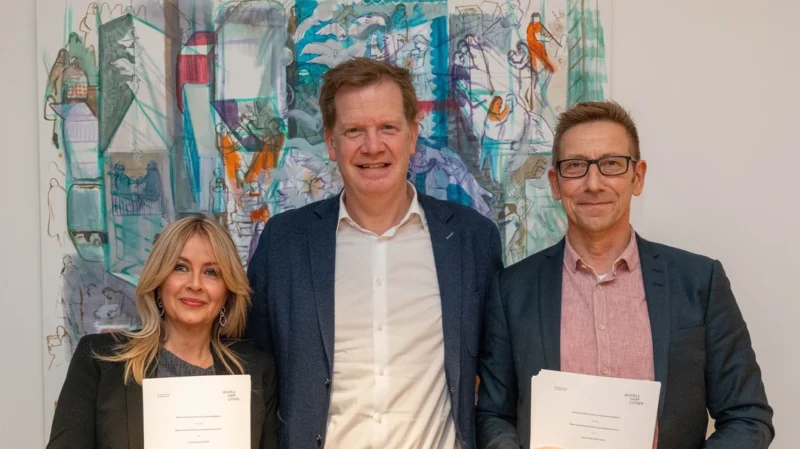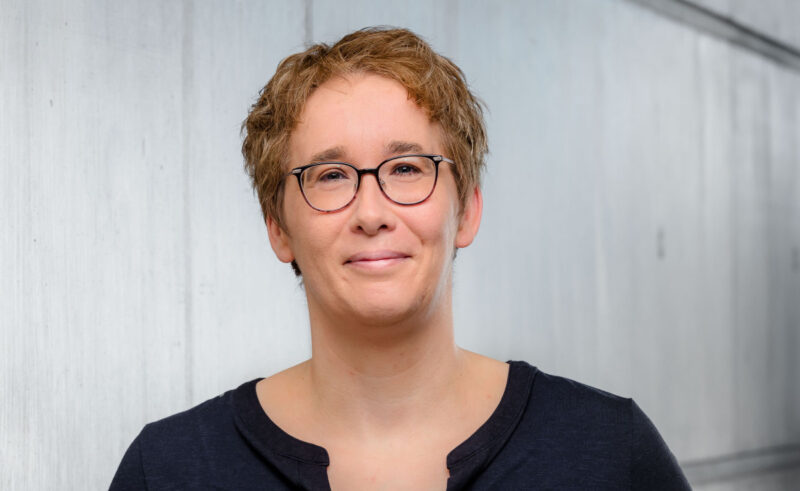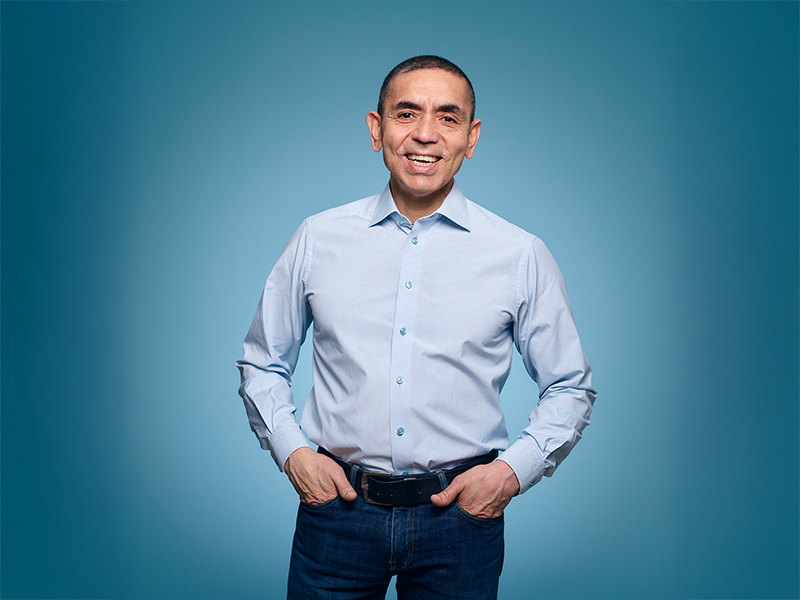
Wednesday, July 2, 2025
Strategic Acquisition: BioNTech Buys CureVac to Strengthen Its mRNA Oncology Platform
With the planned acquisition of CureVac, BioNTech is sending a strong signal for the future of mRNA-based cancer therapies. The transaction, structured as a public exchange offer, values CureVac at approximately $1.25 billion. CureVac shareholders will receive BioNTech ADSs equivalent to around $5.46 per share—a 55% premium over CureVac’s 3-month volume-weighted average price.
The two companies share one vision: to transform cancer treatment through cutting-edge mRNA technology. By integrating CureVac’s expertise in mRNA design, formulation, and manufacturing, BioNTech aims to accelerate its strategic oncology initiative—particularly in pan-tumor immunotherapy development.
“This transaction marks another milestone in our oncology strategy,” emphasized Prof. Dr. Ugur Sahin, CEO and Co-Founder of BioNTech. CureVac CEO Dr. Alexander Zehnder added that the deal is more than a business decision—it’s a shared mission to bring transformative therapies to patients faster by combining decades of scientific innovation.
Once completed—expected in 2025—CureVac will become a wholly owned subsidiary of BioNTech. A key focus will be the integration of CureVac’s state-of-the-art R&D and manufacturing site in Tübingen into BioNTech’s global network.
With strong financial reserves, an advanced clinical pipeline, and global presence, BioNTech is well positioned to broaden and accelerate the availability of mRNA-based medicines. CureVac brings unique platform capabilities, particularly in personalized cancer vaccines and immunization programs for infectious diseases.
The transaction is subject to customary closing conditions, including a minimum acceptance threshold and regulatory approvals. Major CureVac shareholders, including dievini Hopp BioTech holding GmbH & Co. KG, have already committed their support—representing over 50% of the shares.
This consolidation of two German biotech pioneers could become a milestone in the global oncology landscape—with real potential to redefine medical standards in cancer care.
